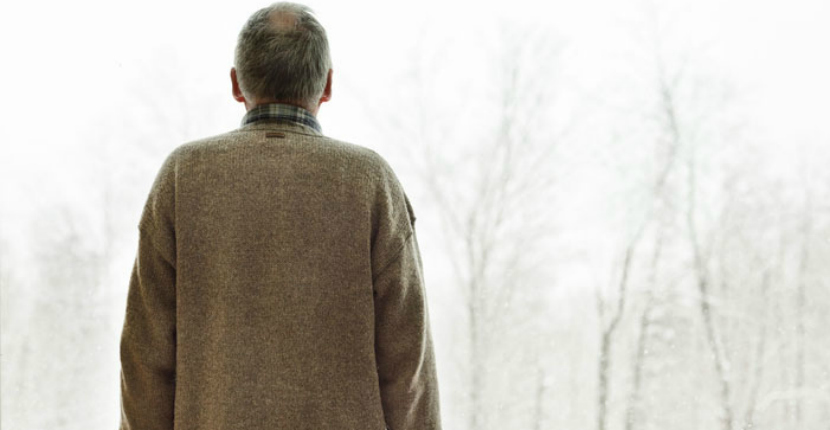Slips, trips and falls become even more common for seniors during the winter months.
But problems associated with balance and mobility aren’t the only dangers that older loved ones face when the temperature drops.
With everything from emotional issues to physical risks – family members should take care to ensure the health and safety of their senior loved ones by taking some extra precautions this holiday season.
Below are a several things FHC came up with that could help make the winter months a joyful and risk-free time for your family.
Hypothermia is a dangerous condition that is the result of an abnormal decrease in body temperature – usually about 96 degrees. Seniors are one of the highest at-risk groups for hypothermia because their bodies are less capable of regulating heat. Your in-home care service professional can help.
Even if your loved hasn’t been receiving outpatient services, certain types of disease can also make older loved ones more susceptible to hypothermia like arthritis, stroke, heart disease, hypothyroidism and Parkinson’s disease.
Protect your senior by making sure they dress warm. Wear two or three layers of loose-fitting clothing in addition to thermals. Add hats, gloves, scarves, boots and earmuffs.
When venturing out, older loved ones shouldn’t stay out in the cold very long.
Try to keep the temperature indoors at 65 degrees or more.
Reduce the risk of fire hazards by making sure appliances are off when they’re not being used. Space heaters are of particular concern because improper use can also be dangerous.
Heaters should be kept at least three feet away from blankets, rugs, drapes and clothing. Make sure there is a reliable auto-shut off feature if the heater is accidently knocked over.
Clear outdoor walkways when snow and ice begin to build up on porches, stairs and driveways. Sprinkle sand or salt on walkways to keep the surface from becoming too slippery.
Driving in inclement weather can be especially dangerous for seniors. Statistics show that adults age 65 and older are involved in more car accidents each mile they drive than any other age group.
Some of the things you can do when facing winter road conditions is to check your loved one’s tires. Be sure they have the correct tire air pressure and sufficient tread.
Have the anti-freeze levels in the radiator checked out and the car’s belts and hoses inspected for cracks or leaks. Also, windshield wipers and fluid should be inspected for optimal visibility and if possible find out about switching to a thinner grade of oil to perform better in the cold.
If you are looking for a service to keep your loved one safe, Freedom Home Care can help. Freedom Home Care offers quality assurance to make you and the ones you care about comfortable.




